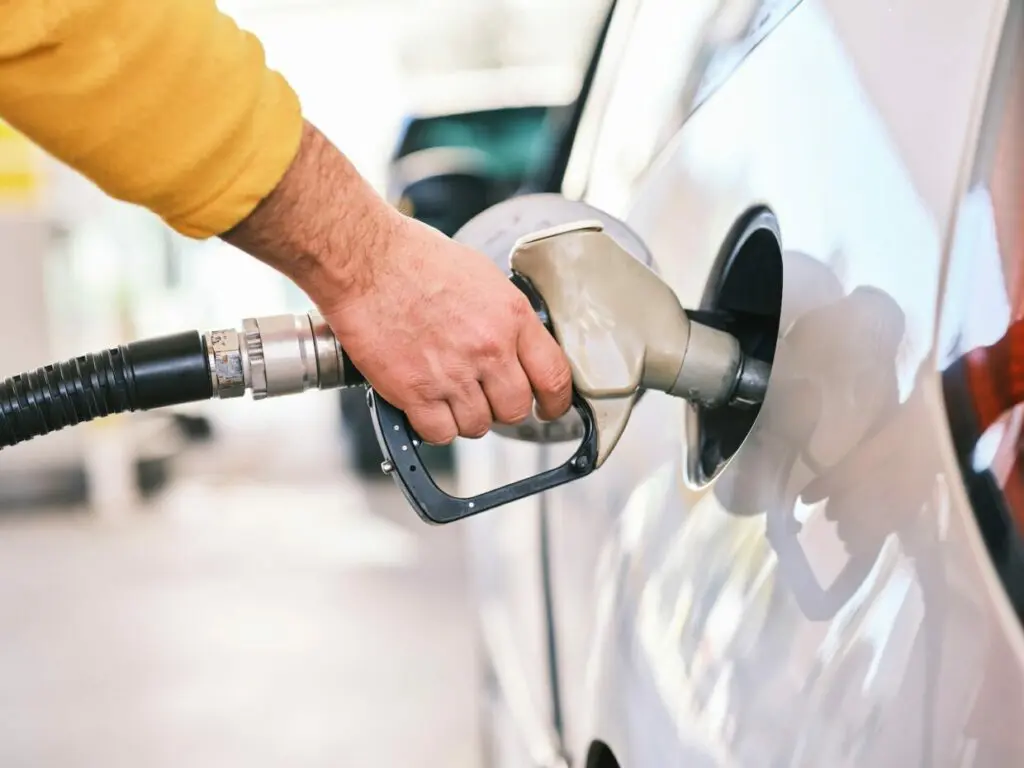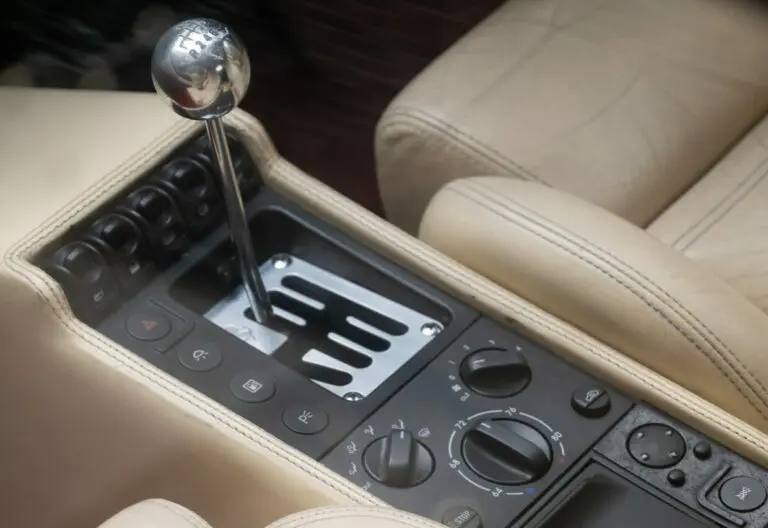Introduction
Fuel pump hoses are an important part of a vehicle’s fuel system. They are responsible for transporting fuel from the fuel tank to the engine. In this blog post, we will discuss the common causes of fuel pump hose problems and the steps you can take to fix them.
Symptoms of a Faulty Fuel Pump Hose
There are several symptoms that can indicate a faulty fuel pump hose. The most common symptoms include a loss of power while driving, difficulty starting the engine, and strange noises coming from the fuel pump. If you notice any of these symptoms, it is important to have your vehicle inspected by a professional mechanic.
Causes of Fuel Pump Hose Problems
There are several causes of fuel pump hose problems. The most common causes include:
- Wear and tear: Over time, fuel pump hoses can become worn and brittle. This can cause them to crack or leak, which can lead to a loss of power and other problems.
- Heat: High temperatures can cause fuel pump hoses to become soft and brittle. This can make them more susceptible to damage and leaks.
- Poor installation: If the fuel pump hose is not properly installed, it can become loose or disconnected, which can lead to leaks and other problems.
- Contamination: Contaminants such as dirt, debris, and water can get into the fuel system and cause damage to the fuel pump hoses.
Fixing Fuel Pump Hose Problems
If you suspect that you have a fuel pump hose problem, it is important to have your vehicle inspected by a professional mechanic. He will be able to diagnose the problem and recommend the appropriate course of action.
- Replace the Hose: If the fuel pump hose is damaged or leaking, the best course of action is to replace it. A professional mechanic will be able to remove the old hose and install a new one.
- Check for leaks: If the hose is not damaged but it is leaking, the mechanic will check for leaks in the hose and repair them.
- Check for proper installation: If the hose is properly installed but leaking, the mechanic will check to make sure that the hose is properly connected and tightened.
- Check for contamination: If contamination is suspected, the mechanic will clean the fuel system to remove any dirt, debris, or water that may be present.
Precautions
- Always make sure to have a professional mechanic check your vehicle if you suspect a problem with your fuel pump hose.
- Never attempt to repair or replace a fuel pump hose without proper training and experience.
- Always make sure to use the correct type of fuel pump hose for your vehicle.
- Always make sure to properly install the fuel pump hose and check for proper connections and tightness.
- Always make sure to check for contamination in the fuel system.
Conclusion
Fuel pump hoses are an important part of a vehicle’s fuel system, and problems with them can lead to a loss of power, difficulty starting the engine and strange noises. Causes of fuel pump hose problems include wear and tear, heat, poor installation, and contamination. If you suspect that you have a fuel pump hose problem, it is important to have your vehicle inspected by a professional mechanic. He will be able to diagnose the problem and recommend the appropriate course of action. Always make sure to take the proper precautions when dealing with fuel pump hoses.



















